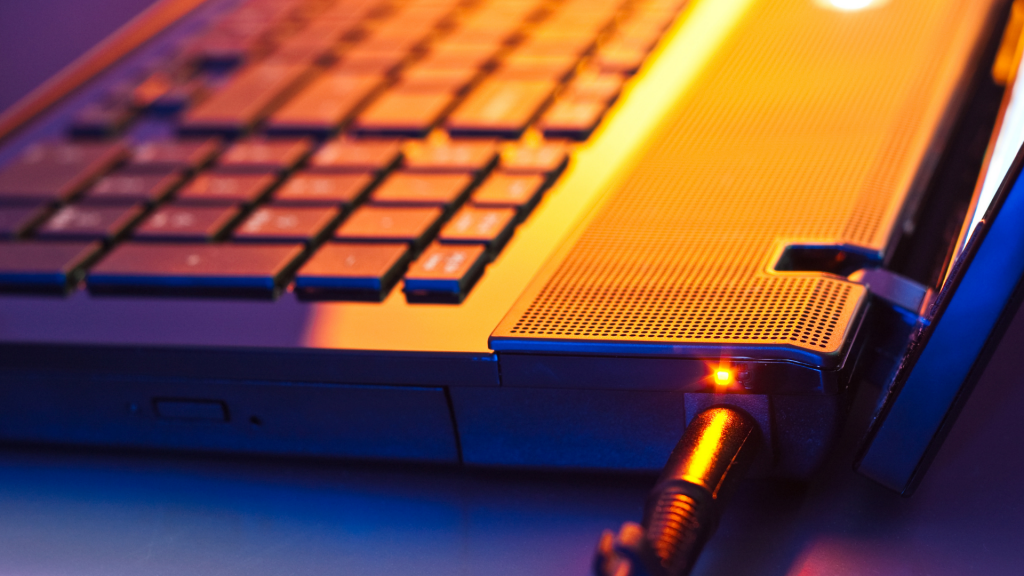Laptops are the staple of modern technology; they make it possible for us to be connected with one another and access information from any part of the world.
However, the heat generated by your laptop can cause it to overheat, which leads to reduced performance and an increase in the fan speed.
Dust accumulation is one of the top causes for overheating a computer because dust hinders airflow inside your machine’s case. Another reason why computers may overheat is due to lack of adequate ventilation within their chassis.
Overheating can be solved by using fans or placing the laptop in an open space to allow for proper airflow. They also require regular cleaning so as to avoid the accumulation of dust in the vent system. Changing system settings might also be necessary to see if the root of the issue is with the software.
In this article, you will understand how best to manage its heat generation for greater efficiency from your laptop.

Check Vent System
If your laptop is hot, there might be an issue with the air vents. Before trying anything else, make sure to check that they are clear and free of any dust or dirt.
It’s possible you have a clogged vent preventing heat from escaping properly — it could even cause serious damage if not dealt with quickly.
Dust can build up in laptop vents on the bottom and sides, so you should always keep your laptop free of dust to ensure that it will not overheat or be damaged by an overheating processor bay.
To do this, first shut down your computer before removing any parts such as the battery and power cord from its ports. Next, use a compressed air sprayer to blow out all accumulated dirt inside each vent hole – one side at a time until both have been cleaned thoroughly!
Have a Cooling Pad
If cleaning your laptop’s vents did not solve the problem, you should consider using a cooling pad to avoid overheating. These are inexpensive and let out heat through their fans — it is like having an extra fan for your machine.
Keep in mind that some laptops may even overheat if it is placed on a regular desk due to heat transfer through the table’s surface. This arises from the fact that your laptop will be directly connected to its surface, thereby transferring all heat generated into this one location.
Cooling pads allow for heat transfer away from your laptop by raising it up a few inches off of the table. This allows for proper ventilation to occur and prevents your system from overheating!
Run Power Troubleshooter
If your computer is still having overheating issues, you may need to run a power troubleshooter.
This is done to check your computer power settings. Adjusting your computer power settings is a quick and easy way to boost the battery life of your laptop. To save more power, you should adjust how long it waits before turning off the monitor display or going into sleep mode by changing these parameters on the login screen.
To do so, go to Start and search for Troubleshooting in the search box. Choose Troubleshoot, then Find and Fix Other Issues. Start the troubleshooter by hitting Run the troubleshooter.
Adjust the Power Plan of your Laptop
Laptop power plans are a set of hardware and system settings that can be customized to provide optimal performance while conserving energy. The wide variety of options available will help you find the best plan for your needs.
To fix your laptop’s overheating issues, you may need to adjust the power plan settings.
In this case, it is suggested to shift to Balanced or Power Saver. This mode balances energy savings with longer battery life and performance which offers an efficient way for the computer to function without overheating.
Conclusion
These are the simple things you can do when your laptop is overheating when charging. You can always consider cleaning more often and making minor adjustments to your system settings to prevent it from happening in the future.
If ever these troubleshooting tips don’t fix your overheating problem, then you should get professional help immediately if there is any sign of damage.
I hope these tips will help you and make your laptop last longer!
